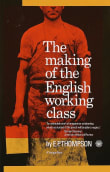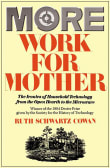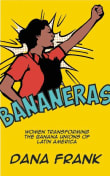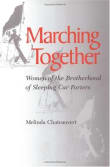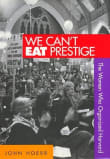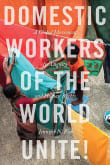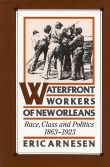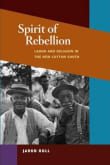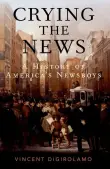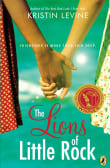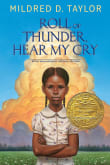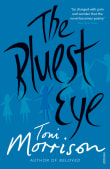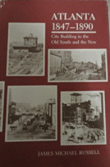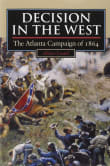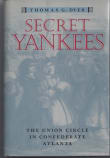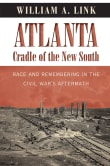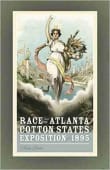To 'Joy My Freedom
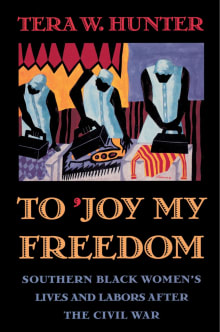
Book description
As the Civil War drew to a close, newly emancipated black women workers made their way to Atlanta--the economic hub of the newly emerging urban and industrial south--in order to build an independent and free life on the rubble of their enslaved past. In an original and dramatic work of…
Why read it?
3 authors picked To 'Joy My Freedom as one of their favorite books. Why do they recommend it?

I’ve always been a sucker for a good labor strike.
But a labor strike of Black women in the South—only a decade removed from slavery—demanding dignity, equality, and a living wage so they could simply “enjoy their freedom” in a region where a rich, white, slaveholding regime was just recently toppled? That’s next-level stuff.
Hunter tells the story of this Black female majority who worked in domestic labor in the years following the Civil War. Can you imagine going to work as a wage-earning domestic laborer in the home of your former owner? And then collectively organizing to demand that…
From Betsy's list on to make you excited about labor history.

Tera Hunter’s classic is simply one of the most imaginative and boundary-shattering labor histories of the last thirty years.
Her openness to the unexpected and her defiance of inherited definitions of labor and labor organization freed a whole generation of historians from their academic straitjackets. It continues to inspire and delight readers of all sorts. Hunter found what no one thought existed: sustained organization and market power exerted by Black laundresses in the post-Civil War south.
No one recognized the collective strength these Black women wielded until Hunter; no one does a better job of piecing together the improbable strategies…
From Dorothy's list on how working women changed the world.

In the postbellum south, black women did the bulk of the laundry. Tera Hunter’s beautiful book tracks washerwomen’s everyday lives at work and at leisure in Atlanta in the late 19th century. Some of the most inspiring sequences analyze a strike in 1881 on the eve of the International Cotton Exposition. Though washerwomen controlled the conditions of their labor much more than many other domestic workers, they received paltry wages for tough work.
Before the exposition, a washerwoman secret society canvassed the city to recruit all washerwomen to join the work stoppage, and in three weeks, three thousand washerwomen…
From Alison's list on the politics of doing the laundry.
If you love To 'Joy My Freedom...
Want books like To 'Joy My Freedom?
Our community of 12,000+ authors has personally recommended 96 books like To 'Joy My Freedom.

